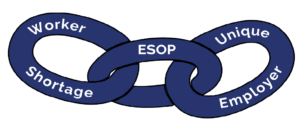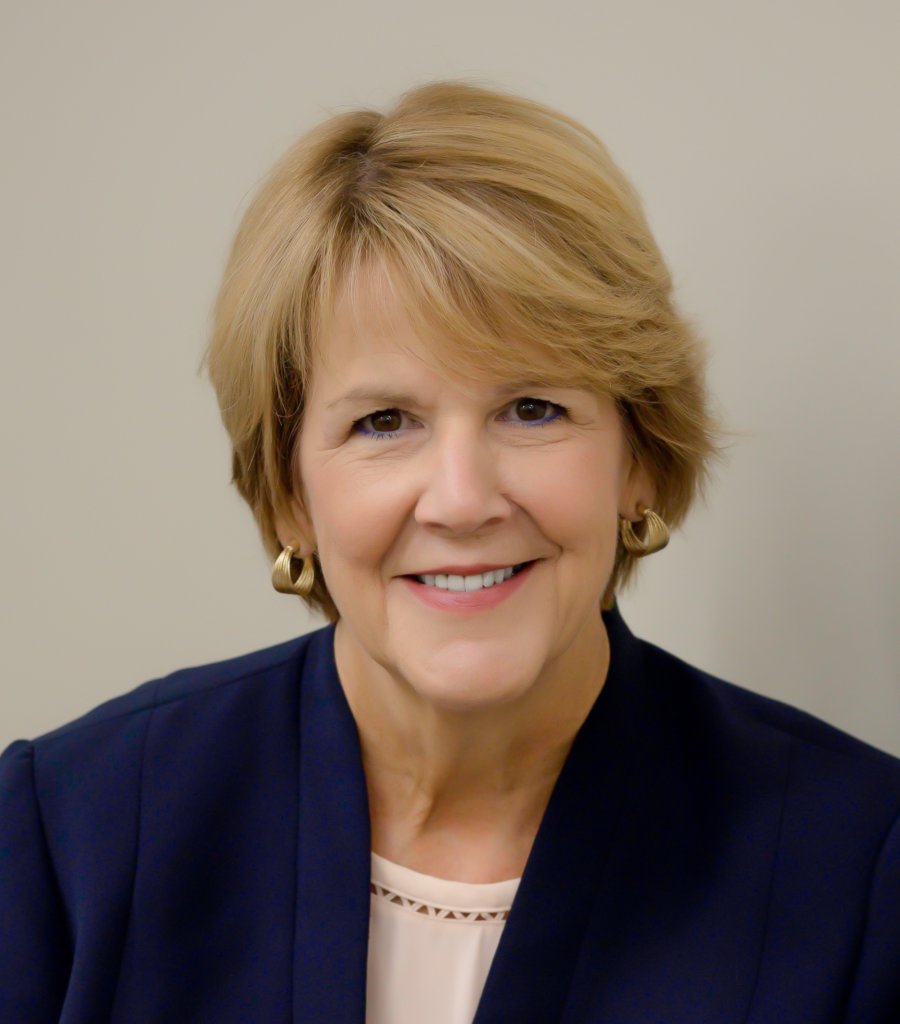Having a trained, loyal workforce in place helps maintain a healthy, vibrant culture, which is considered an intangible asset in the world of business valuation. In fact, one of the 8 Key Value Drivers of a privately owned business is ‘Employees and Culture.’ In the simplest terms, a company whose team experiences low turnover and a culture of pride, where everyone is pulling in the same direction, is more valuable than a company with high turnover and a toxic culture.
Based on the widespread labor shortage in the workforce, this value driver has become a popular topic at conferences, webinars, business gatherings, and business articles. Finding, motivating, and keeping loyal employees has definitely moved to the front burner of key issues for business owners.
It is critical to solve for this workforce issue as it impacts the value of a business in multiple ways. First, it stymies growth–too many times lately we’ve heard business owner clients say “the demand is there but I don’t have the people I need to meet the demand.” Second, turnover increases risk to a business because the management structure is compromised and delegation channels are broken each time someone leaves. This puts more pressure and dependence back on the owner(s), when the goal is to increase delegation to trusted employees in order to increase business value. And last but not least, we see an increase in companies poaching employees, usually for more money, which some might consider an unsustainable, never-ending race to the bottom.
So, what are business owners to do if they want to grow and protect one of their most valuable assets?

One alternative that should be learned about and considered is the possibility of implementing an Employee Stock Ownership Plan (ESOP)--not only as an exit strategy, but also as a key tool for hiring, motivating, and retaining loyal employees.
Think about an ESOP as an individual shareholder that can own 100% of the company, or a fractional interest. For example, a business can implement a 25% ESOP while the original owner(s) maintains a 75% ownership interest. All of the employees have an ownership stake in the company but it is all under the single 25% ESOP umbrella with a single trustee representing the entire ESOP-owner group.
The benefits to both employee and employer are many and can be significant–the key is to learn about the topic and determine if an ESOP is a viable option for a particular business situation.
I emphasize the word ‘learn’ because we also find there is a great deal of misinformation about ESOPs that prevent business owners from considering this powerful option that may well help them differentiate themselves in successfully attracting, motivating, and keeping the best employees.
To help identify some of the key reasons ESOPs should be considered, we reached out to our highly respected colleagues at ESOP Partners, headquartered in Appleton, Wisconsin, to highlight how creating an ownership culture through employee ownership creates a competitive advantage for a company and a win for both employer and employee.
Consider these facts:
- ESOP employee ownership aligns the financial objectives of the company and the employees.
- Providing ESOP employee ownership has been shown to improve company performance, employee retention, provide employment stability, and increase job satisfaction.
- Over a 10-year period, ESOP companies have 25% higher job growth than comparable companies without an ESOP.
- Employees at ESOP companies have 2.5x greater balances in retirement accounts.
- ESOP-owned companies are proven to have more motivated employee-owners who:
- Work longer hours
- Are absent less frequently
- Are less likely to quit
- Express greater job satisfaction
ESOPs aren’t a fit for all but when they are a fit it can be a win-win for employer and employee. That’s why it’s worth learning about the facts of ESOPs–all the pros and cons. We would be happy to facilitate an introduction to ESOP Partners to answer any questions or have a free feasibility study completed to see if an ESOP makes sense for a specific business.
Ultimately, ESOPs may be the differentiating factor that enables business owners to win the race to attract and keep valuable employees, while increasing the value of their business at the same time.
Have questions about ESOPs or business value? We’re here to help! Schedule a complimentary call as we are always happy to talk with you about a current situation you are currently working on.

Cathy is a principal of Capital Valuation Group, Inc., headquartered in Madison, WI. Capital Valuation Group has been helping business owners across the country understand, increase and unlock the value of their businesses for over 45 years through keynote speaking, valuation analysis, determining damages and providing expert witness testimony. Cathy welcomes conference and event speaking inquiries and can be reached at cdurham@capvalgroup.com.
